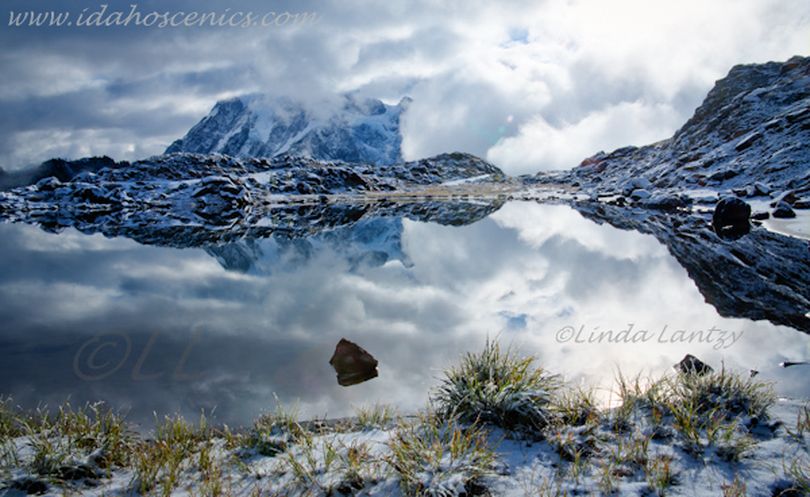Conservation lands generate billions of $ for national economy, study finds

CONSERVATION -- The myth that "conservation lands" are locked up and useless to the public is debunked in dollars and sense by a new economic study that documents how conservation, recreation and preservation lands support 9.4 million jobs and generate $1 trillion a year to the U.S. economy.
The study was funded by the National Fish and Wildlife Foundation.
Let's hope that rational minds pore over details of these findings before succumbing to North Dakota's knee-jerk reaction to legislatively prohibit any "net gain" of protected lands.
This information needs to be considered by Congressmen attempting to water down laws protecting roadless and wilderness portions of public lands.
Read on for more details and comments from former public lands officials, the Congressional Sportsmen's Foundation and others.
“As a former Secretary of the Interior, governor, senator and mayor, I have witnessed firsthand how historic preservation, conservation and outdoor recreation result in tremendous benefits to our nation’s economy,” said Dirk Kempthorne. “This study is a valuable tool for reaffirming and quantifying those benefits.”
“Sportsmen put billions of dollars of their own money annually into conservation through the licenses they buy and the excise taxes that they pay on hunting and fishing equipment,” added Lindsay Thomas, a former U.S. Congressmanand current chairman of the Congressional Sportsmen’s Foundation. “This combined with the other taxes that are paid through activities associated with outdoor recreation and historic preservation total over $100 billion annually contributed to state and federal coffers.”
Highlights of the study conducted by Southwick Associates include:
- In 2006, the total contribution from outdoor sports in the United States was nearly $730 billion per year, generating more than 6.4 million U.S. jobs and $99 billion in federal and state tax revenues. This includes hunting, fishing, wildlife viewing and other outdoor sports that include hiking, camping, skiing, paddle sports and bicycling.
- In 2006, the combined spending effect of hunting, fishing and wildlife watching associated with National Forest Service land totaled $9.5 billion in annual retail sales, supported 189,400 jobs and provided $1.01 billion in annual federal tax revenues.
- Every million dollars invested in residential historic rehabilitation generates approximately 36 jobs, $1.24 million in income and nearly $200,000 in state and local taxes.
- In 2010, 15 million visitors to Civil War battlefields managed by the National Park Service in just five states (Missouri, Pennsylvania, South Carolina, Tennessee and Virginia) generated 7,700 jobs.
Commissioned by the National Fish and Wildlife Foundation, the study is being conducted as part of a larger ongoing effort by NFWF to determine the economics associated with natural resource conservation.
The study has commanded the attention of many, including America’s Voice for Conservation, Recreation and Preservation, a coalition of more than 770 organizations representing tens of millions of citizens with diverse political backgrounds who have united in support of conservation, recreation and preservation programs as a means to create jobs and improve the economy.
“Natural resource conservation and historic preservation programs provide hundreds of thousands of jobs and strong returns on public investments that primarily help rural communities and cannot be exported abroad,” said John L. Nau III, chairman emeritus of the Civil War Trust and co-chair of the AVCRP. “This country needs jobs that leverage private investment and conserve our precious natural resources and historic spaces.”
“The jobs that our public lands and cultural heritage create are jaw-dropping,” said William H. Meadows, president of The Wilderness Society and the AVCRP’s other co-chair. “This study is yet more evidence that investing in the environment is good for the fiscal health of our country.”
